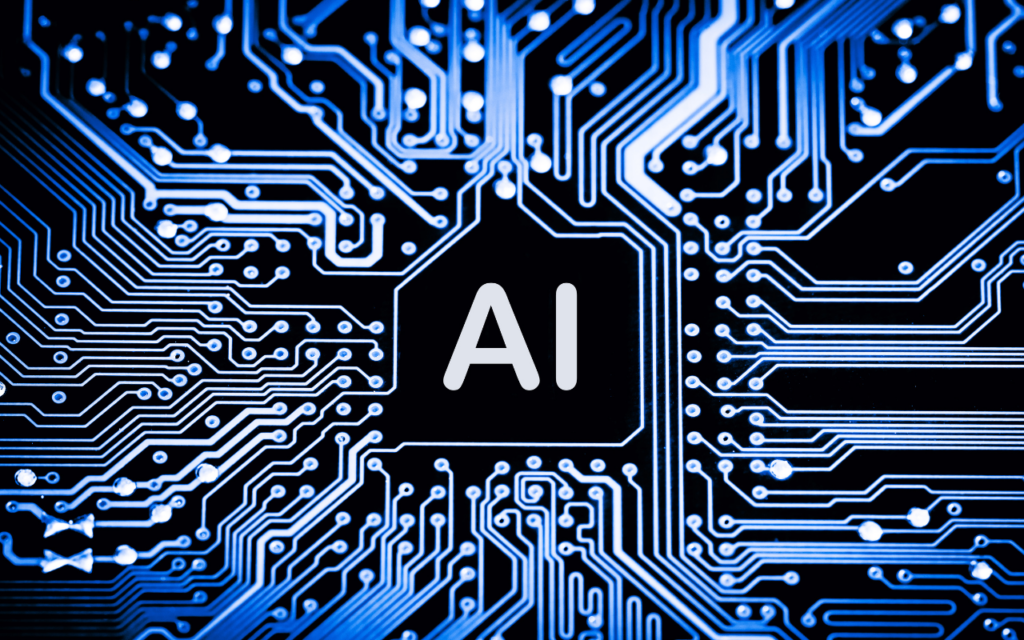Artificial Intelligence (AI) has become a transformative force in the business world, revolutionizing how organizations operate, make decisions, and interact with customers. Organizations that embrace AI are positioning themselves at the forefront of innovation and efficiency.
However, integrating AI effectively requires a strategic approach and a skilled team. Here are seven essential AI roles that organizations need to harness the full potential of AI and drive their business forward:
Machine Learning Engineer
A Machine Learning Engineer is responsible for designing, building, and deploying machine learning models and algorithms that enable computers to learn from data and make decisions.
They collaborate closely with data scientists to implement and scale these models, ensuring they operate effectively in production environments.
By combining skills in software engineering, data science, and machine learning, they create systems that can analyze data, identify patterns, and make predictions or decisions without explicit human guidance.
Data Engineers
Data engineers are the backbone of any AI initiative. They are responsible for designing, building, and maintaining the infrastructure required for data generation, collection, storage, and processing.
Without reliable and scalable data pipelines, AI models cannot be trained effectively. Data engineers work closely with data scientists to ensure that the data used for training AI models is clean, accurate, and relevant.
Their role is crucial for transforming raw data into actionable insights, making them indispensable for any organization looking to harness the power of AI.
Data Scientists
While data engineers build the infrastructure, data scientists focus on extracting valuable insights from the data.
They use statistical analysis, machine learning algorithms, and predictive modeling to solve complex business problems.
Data scientists also play a key role in developing AI models and testing them to ensure they perform as expected.
Their ability to analyze data and make data-driven decisions is vital for any organization aiming to innovate and stay ahead of the competition.
Data and Analytics Translator and AI Translator
The Data and Analytics Translator plays a crucial role in translating complex data insights into actionable business strategies.
This role involves interpreting data trends and findings from AI systems and communicating them effectively to stakeholders who may not have a technical background.
By understanding both the data and the business context, Data and Analytics Translators help organizations make informed decisions based on data-driven insights.
The AI Translator is responsible for making AI technologies accessible and understandable to various departments within an organization.
This role requires a deep understanding of AI capabilities and limitations, along with the ability to explain these concepts in simple terms.
AI Translators work closely with technical teams to ensure that AI solutions are implemented in a way that aligns with business objectives and is comprehensible to non-technical stakeholders.
Head of AI
The Head of AI is a senior leadership position responsible for overseeing the entire AI strategy of an organization.
This role involves setting the vision for AI initiatives, managing AI teams, and ensuring that AI projects align with the organization’s overall objectives.
The Head of AI works closely with other executives to integrate AI into the organization’s business model and drive digital transformation.
Having a dedicated leader for AI ensures that the organization remains focused on its AI goals and maximizes its investment in this technology.
Prompt Engineer
Prompt Engineers are vital for fine-tuning AI systems, ensuring they generate accurate and relevant responses.
Their role involves crafting and refining prompts to improve the performance of AI models, particularly those used in natural language processing (NLP).
By mastering the art of prompt engineering, these professionals enhance the AI’s ability to understand and respond to human input effectively.
AI Ethicist
As AI technology becomes more integrated into society, ethical considerations have become paramount.
AI Ethicists are tasked with ensuring that AI systems are designed and implemented in a way that is fair, transparent, and respects user privacy.
They work on developing guidelines and policies that prevent bias, ensure compliance with regulations, and promote the responsible use of AI.
Conclusion
As organizations continue to embrace AI, having the right talent in place is crucial for success.
By building a team with these seven essential AI roles, companies can unlock the full potential of AI, drive innovation, and gain a competitive edge.
Investing in these roles not only enhances the organization’s AI capabilities but also ensures that AI solutions are developed and implemented effectively to achieve strategic goals.
Looking to hire AI talents to position your organization for success today? Hire with DivVerse today










